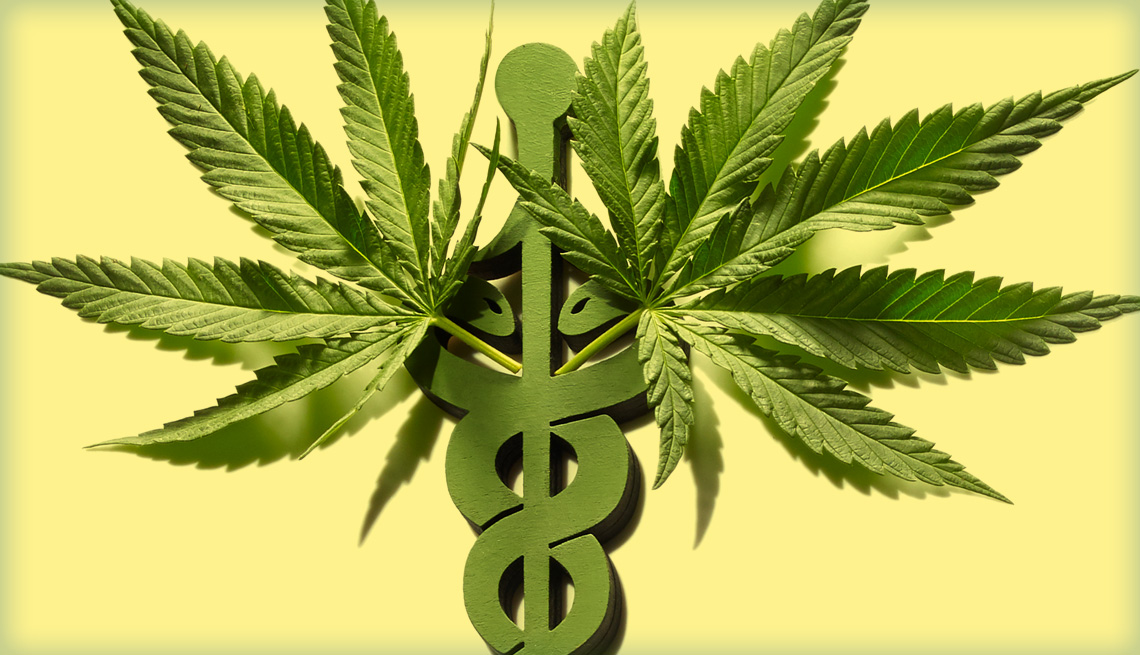Shedding Light on What Medical Marijuana Can Treat: a Thorough Evaluation of Its Therapeutic Characteristics
In the last few years, there has been a growing passion in the therapeutic potential of medical cannabis. Research has recommended that this plant, with its array of substances, could hold assurance in dealing with various clinical conditions. From chronic discomfort management to epilepsy treatment, and from queasiness relief to anxiety decrease, the extent of its possible applications appears wide-ranging. While anecdotal proof is plentiful, a thorough examination of the clinical information concerning the effectiveness of clinical marijuana in dealing with these problems is required. This evaluation intends to give a nuanced understanding of the present landscape of medical marijuana as a potential healing agent, clarifying its abilities in a more in-depth fashion.
Persistent Discomfort Monitoring
Chronic pain monitoring remains a crucial facet of healthcare, requiring a detailed technique for efficient therapy. Recently, clinical marijuana has become a possible therapeutic alternative for individuals dealing with persistent pain problems. The endocannabinoid system, which plays a crucial role suffering modulation, has actually been targeted by cannabis-based therapies to minimize signs and enhance lifestyle for people.

In addition, medical cannabis provides an appealing choice for patients that experience intolerable adverse effects from traditional discomfort medicines. Its ability to attend to pain through a various system makes it an important addition to the arsenal of therapies available for chronic pain administration.
Epilepsy Therapy Potential
Clinical cannabis has actually shown appealing potential in the therapy of epilepsy, offering a novel therapeutic strategy for managing seizures in people. Epilepsy is a neurological condition characterized by frequent seizures, affecting people of all ages. Standard therapies for epilepsy include antiepileptic medications, but these medications might not be effective for all clients and can have considerable adverse effects.
Research on using clinical cannabis for epilepsy has actually revealed motivating results. Cannabidiol (CBD), a non-psychoactive compound discovered in marijuana, has actually been particularly highlighted for its anticonvulsant buildings. Studies have actually shown that CBD can decrease the regularity and extent of seizures in individuals with treatment-resistant forms of epilepsy, such as Dravet syndrome and Lennox-Gastaut syndrome.
In Addition, the FDA has authorized a CBD-based drug, Epidiolex, for the therapy of seizures associated with these extreme kinds of epilepsy. This milestone underscores the expanding recognition of clinical marijuana as an important healing option for handling epilepsy and supplies wish for patients that have actually not reacted well to standard treatments.
Nausea Alleviation Benefits
The alleviation of nausea via using marijuana has actually been significantly identified for its healing advantages in numerous medical problems. Nausea and throwing up prevail signs visit their website and symptoms experienced by individuals undertaking radiation treatment, those with stomach disorders, and individuals with persistent pain conditions. Clinical marijuana, with its energetic substances such as THC and CBD, has revealed promise in supplying alleviation from nausea or vomiting.

Moreover, clinical marijuana uses an all-natural option for individuals who do not react well to standard anti-nausea drugs or who experience extreme informative post negative effects from these drugs. Clients going through radiation treatment, in specific, have actually reported significant enhancements in their high quality of life when using cannabis to handle queasiness. As research study in this field remains to expand, clinical cannabis is increasingly being thought about as a valuable alternative for nausea or vomiting alleviation in various clinical setups.
Anxiety Decrease Effects
Studies have actually shown the potential of marijuana in reducing anxiety signs and symptoms via its communication with the endocannabinoid system. The endocannabinoid system plays an essential duty in managing feelings, including anxiety, by maintaining homeostasis in the body. Cannabinoids in cannabis, such as THC and CBD, communicate with the endocannabinoid receptors in the brain, especially the CB1 and CB2 receptors, to regulate anxiety-related responses.

Patients with conditions like generalized anxiousness problem (GAD), social anxiety condition, and post-traumatic stress and anxiety problem (PTSD) may take advantage of the anxiolytic properties of cannabis (Medical Marijuana Doctor Clinton MS). Nonetheless, more research is needed to determine optimal does, shipment methods, and lasting effects on anxiety management.
Prospective for Swelling Control
With its recognized anti-inflammatory homes, cannabis has actually shown guarantee in potentially regulating swelling within the body. Inflammation is the body's natural reaction to injury or infection, but when it comes to be persistent, it can contribute to different diseases such as joint inflammation, inflammatory digestive tract disease, and even heart illness. Research suggests that the cannabinoids located in cannabis, such as skin care doctor near me THC and CBD, can help regulate the immune feedback and reduce inflammation.
Studies have actually shown that cannabis can connect with the endocannabinoid system, which plays a crucial function in regulating swelling. By targeting the cannabinoid receptors, cannabis substances can regulate the immune reaction, resulting in a decline in swelling levels. This makes cannabis a potential prospect for managing inflammatory conditions where typical therapies have failed.
Furthermore, cannabis-derived items like CBD oil have actually acquired appeal for their anti-inflammatory homes, with several individuals utilizing them as an all-natural treatment for problems related to swelling. While more study is required to completely comprehend the devices behind marijuana's anti-inflammatory impacts, current searchings for show promising outcomes for the prospective use medical cannabis in regulating inflammation.
Verdict
To conclude, clinical marijuana has actually shown promising healing properties in taking care of chronic pain, treating epilepsy, eliminating nausea, minimizing stress and anxiety, and managing swelling. Its possible advantages in numerous clinical problems highlight the importance of further research and exploration right into its medicinal use. The evidence recommends that clinical cannabis could be a useful option treatment option for people looking for alleviation from an array of signs and symptoms and conditions.
In recent years, clinical marijuana has emerged as a prospective restorative option for people experiencing from chronic discomfort problems.Clinical cannabis has revealed appealing capacity in the treatment of epilepsy, offering an unique restorative strategy for taking care of seizures in clients. As research in this location continues to expand, medical cannabis is increasingly being thought about as a beneficial choice for nausea alleviation in numerous clinical settings.
In verdict, medical marijuana has revealed appealing therapeutic residential properties in handling chronic discomfort, treating epilepsy, alleviating nausea or vomiting, minimizing stress and anxiety, and controlling swelling. The proof suggests that medical cannabis could be a useful choice therapy alternative for clients looking for relief from a range of signs and symptoms and conditions.